Gir ls On Film
Lessons From a Life of Watching Women in Movies
by Ali cia Malone
.png)
Coral Gables
Copyright 2022 by Alicia Malone.
Published by Mango Publishing, a division of Mango Publishing Group, Inc.
Cover Design: Elina Diaz
Art Direction: Elina Diaz
Layout & Design: Megan Werner
Author Photo by: Alissa Hessler | Urban Exodus
Mango is an active supporter of authors rights to free speech and artistic expression in their books. The purpose of copyright is to encourage authors to produce exceptional works that enrich our culture and our open society.
Uploading or distributing photos, scans or any content from this book without prior permission is theft of the authors intellectual property. Please honor the authors work as you would your own. Thank you in advance for respecting our authors rights.
For permission requests, please contact the publisher at:
Mango Publishing Group
2850 S Douglas Road, 4th Floor
Coral Gables, FL 33134 USA
info@mango.bz
For special orders, quantity sales, course adoptions and corporate sales, please email the publisher at sales@mango.bz. For trade and wholesale sales, please contact Ingram Publisher Services at customer.service@ingramcontent.com or +1.800.509.4887.
Girls on Film: Lessons From a Life of Watching Women in Moveis
Library of Congress Cataloging-in-Publication number: 2020455390
ISBN: (p) 978-1-64250-656-3 (e) 978-1-64250-657-0
BISAC category code: PER004030, PERFORMING ARTS / Film / History & Criticism
Printed in the United States of America
The cinema has no boundary, it is a ribbon of dream.
Orson Welles

Cinema can fill the empty spaces of y our life.
Pedro Almodvar

I want everything Ive ever seen in th e movies!
Leo Bloom, The Producers (1968)
Contents
So much of what I see reminds me of something I read in a book. When shouldnt it be the other wa y around?
Kathleen Kelly, Youv e Got Mail
Ive always loved that quote from Youve Got Mail . The rom-coms scriptby Nora and Delia Ephronhad been adapted from a 1940 Ernst Lubitsch comedy called The Shop Around the Corner , which itself was a loose adaptation of a play. Nine years later, there was a musical remake, titled In the Good Old Summertime , followed by Youve Got Mail almost fifty years after that. It seems appropriate that a quote I identify so strongly with comes from an adaptation that had already been adapted several times overbeing that for me, films seem like a refraction of m y reality.
If you replace the words read and book in that quote with watch and film, it sums up my life. A lot of what I see reminds me of something I have watched in a movie. Too often, Ill compare a moment in my own life to its movie equivalent, or feel as if I am on a movie setmaking sense of my real world through the prism of fictional, highly scripted pieces of entertainment. Oh, I see, Ill say to myself after going through a tough time. This is the all is lost moment. Perhaps what I need now is a makeover montage. Really, it should be the other way around. Movies should remind me of my life, of experiences I have had. But this is what happens to a person who has spent almost all her years escaping her reality to watch a (much safer, more entertaining, and neatly presented) version of reality on t he screen.
Movies have been a great source of joy in my life. Theyve helped me through tough times, inspired me, even given me a career. Many times Ive wished that life was like a movie: that complicated problems could be resolved within a two-hour time frame. Or that I had an award-winning screenwriter at my disposal to help me properly articulate my feelings. Ive stood in front of a mirror, lamenting over the fact that I do not look like a movie star. Ive also wondered how much easier it would be if villains were more obvious to spot. If people were either heroic or evil, instead of a confusing mixture of good and bad. And why cant the world be in glorious technicolor, with set designers, costume designers, and prop masters at the ready to make it all look perfect? I believe it was the French director Franois Truffaut who said, I think I like the image of life better than life. Because I dont think real life is as satisfying as film. I m ust agree.

There is little doubt that all of this time spent watching movies has greatly affected my worldview. As someone who is naturally shy and introverted, I have often turned to films for clues as to how I should act. Ironic, since what I am seeing is actors acting. And these actors from classic Hollywood were often acting off-screen too, staying within their given personas. As I wrote this book, it was suddenly clear to me that I had followed their lead: Id read the stories about old Hollywood stars and created for myself a sort of persona. It had helped my career, but in the process, I lost touch with my real self. Throughout my life, I turned to films for answers to lifes big questions, rather than risk any potential embarrassment that may come from talking to a person. My understanding of politics, culture, and the world in general was built from the Hollywood movies I watched as a child. Lacking the additional knowledge that would have placed them within a necessary historical context, Ive had to spend time undoing some of thes e lessons.
The films I have watched have largely been the creation of men during the Golden Age of Hollywood. This was a time when entertainment was pumped out by a factory-like studio for financial profit, with each script going through the censorship office, designed to appease moral and religious groups. These films pushed people of color out to the sidelines or boxed them into dangerous stereotypes. They reinforced binary gender roles, erased overt mentions of a character identifying as LGBTQ, and killed or humiliated many female characters who dared to choose an independent life away from men. But Ive come to realize that you can love and hate a movie at the same time. Classic movies themselves are full of contradictions and can be both empowering and degrading. Like all classic film enthusiasts, Ive become adept at performing a mental juggling act while watching a movieidentifying with the good, yet acknowledgin g the bad.
Film critic Robin Wood wrote in his book of essays, Personal Views: Explorations in Film , I dont believe I learned to live [from movies] [but I] presume them to have had some oblique, scarcely definable but potent influence on the development of my sensibility, on my way of thinking, feeling, perceiving, reacting; they have certainly extended and deepened my sense of the possibilities of human experience. When I watch a film, I know that what I am seeing is the result of a collaborative effort, designed specifically to tap into my emotions. I never forget that its all make-believe, yet it is still possible for certain movies to leave their mark. When I pick up one of my old diaries, I realize how much I have forgotten about my own life; those places, people, and events feel foreign to me now, but Ill always remember t he movies.

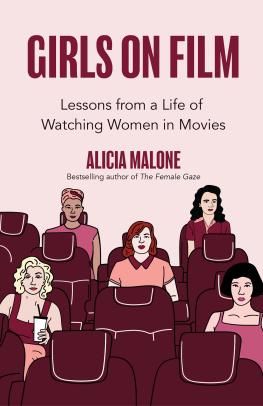
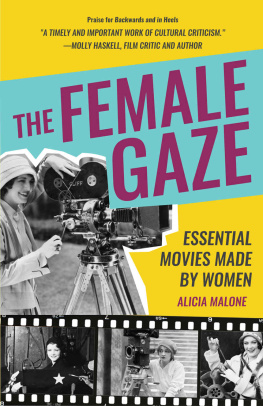

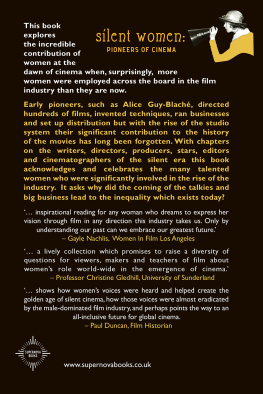
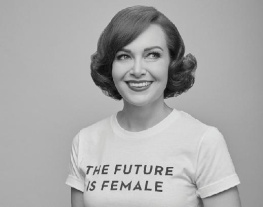
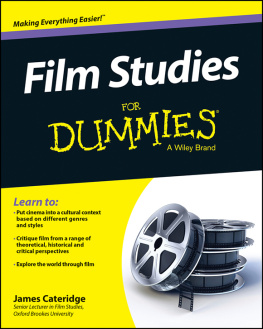
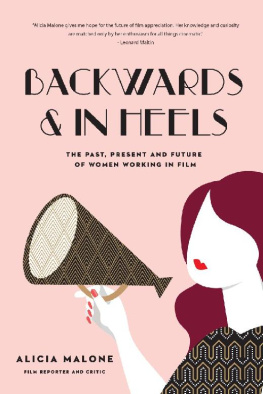

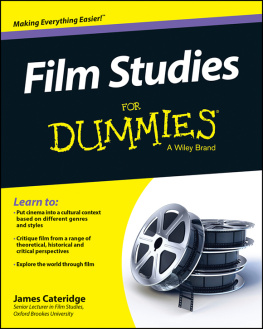
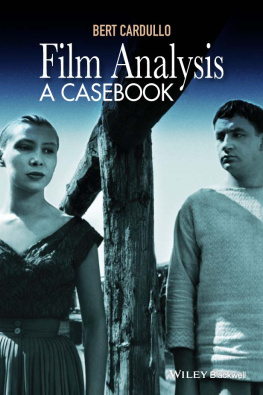
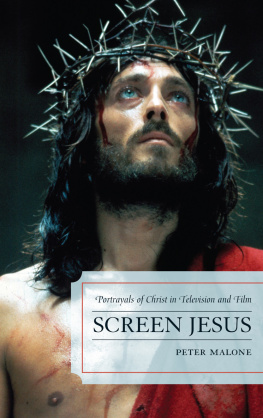
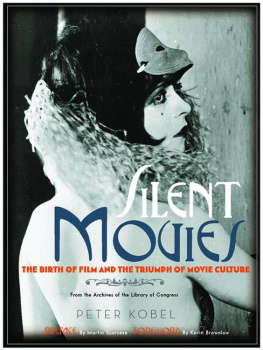

.png)